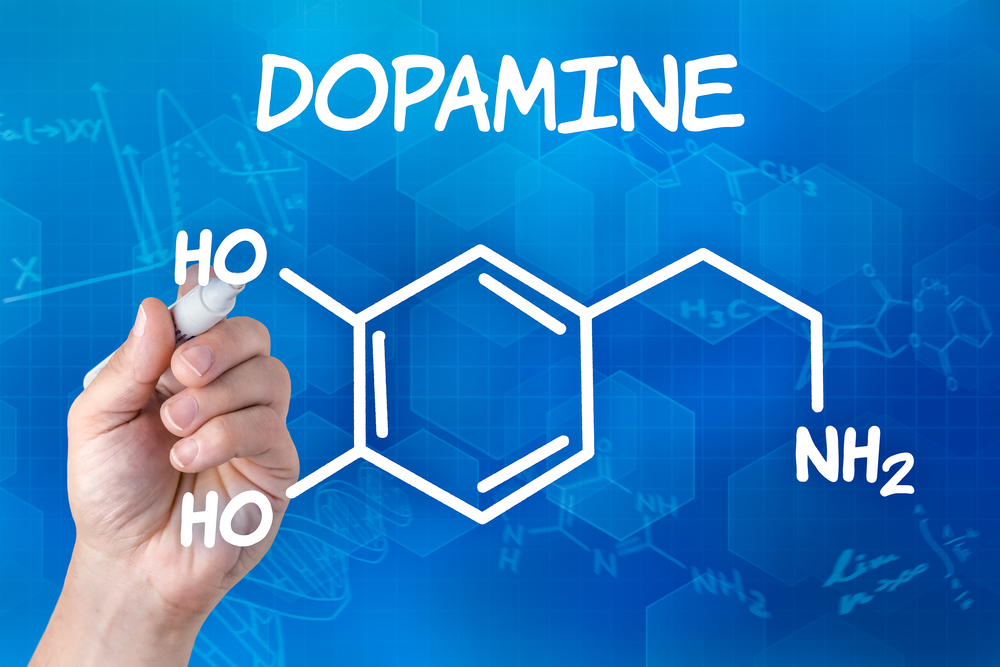
The Contribution Of Dopamine In Sex Addiction
Dopamine is a neurotransmitter that coordinates information transfer within the brain of human beings. It is mostly associated with information that is mostly related to pleasure of rewards to the body. Dopamine can therefore be said to be the brain neurotransmitter that passes information from one neuron on the brain to another. The effects of dopamine in the brain mainly depends on where or which part of the brain it is released from, there the intended receiving neurons are located within the brain and the types of the receiving neurons and the receptors to which the dopamine is bonded to within the brain.
It, dopamine, is a neurotransmitter that is mostly associated with the brain or body motivation, attention, lust, addiction and even desire. When a body in in dire need for something or a substance, normally viewed as reward by the brain, it has been found that it is usually the neurotransmitter at work. Naturally, the human brain regards pleasure of any kind the same way, that is, it the same response to different forms of desires provided they bring pleasure. Its basic distinguished signature response to pleasure is the release of dopamine in the nucleus accumbems part of the brain. Some of the rewards the brain considers to bring it pleasure include; monetary reward, drugs, sexual activity, and satisfaction of eating.

Whether, the above named pleasurable activities remain a normal daily routine or they become addiction do depend on some factors too. You see a normal life routine would has a normal response to these rewards. However, some of life’s activities such as substance abuse, sex, or even gambling would have a different effects to the brain all together. This can be referred to as short circuiting the brain. The speed with which any of these activities leads to dopamine released to the brain, the intensity of its release and the reliability of its released has been said to be responsible for whether one becomes an addict or not. Let us examine how dopamine do function on the brain of a sex addict. Addiction to something can be said to be the state at which a person has a craving for one thing, in which they have no control over, and continue to have themselves involved in irrespective of the consequences however dire.
Experiencing a sexual activity, desire or pleasure causes a powerful surge of dopamine release on the brain. This is a normal occurrence within the brain in response to and pleasurable encounter. However repeated encounter with far much greater intensity can and do lead to sexual addiction. Dopamine released in the brain interact with others neurotransmitters such as the glutamate and other in order to cause some influences to the brain and the body. Together, these neurotransmitters, dopamine and glutamate, interact and take over the reward sensing brain system. This is the part of the brain system that is hugely associated with motivation and memory and is also the part that associated sex with reward and pleasure for the brain.
Repeated sexual activities causes the nerves cells of the parts of the brain that is responsible for the for the planning and execution of tasks to communicate in a way that is starts by liking the sex, then wanting the sex, then finally craving sex in such a way that the brain is fixed on wanting it so badly that it loses control of the body’s will. This too much sexual craving drives the brain to have a strong desire for sexual pleasure. However, with time, the brain cells adapt to this sexual craving which results into the desire for the sex becoming less pleasurable that was first imagined.

Too much sexual activities leads to the brain being flooded by the neurotransmitter, dopamine to an extend that the brain finds it quite difficult to with stand the surge. When the brain achieves this state, the sex addict has a problem at their hands. This will want to solve this new feeling of displeasure by having more and more sex. Instead of getting the desired pleasure, this increased in sexual activity will lead to more production of dopamine to the brain up to the limit where its release is greatly reduced. This reduction on the dopamine release or elimination of dopamine receptors leads to less impact on the brain reward center. This is the stage where the sex no longer provides the pleasure it is associated with hence the brain requires more sexual activity to achieve the same high pleasure state.
At this stage, the person is compelled to have more sexual activities. The pleasure of sex wind down, though, the memory of the desired pleasure remains, hence the persistence of the need for sex. This ultimately, results into sex addiction.
The Contribution Of Dopamine In Sex Addiction

0 comments
Write a comment